Alliance against peace in the South Caucasus Who is arming Armenia and why?
The Armenian leadership, in a feverish search for weapons around the world, continues to expand the geography of its military cooperation. The working visit of Armenian Defence Minister Suren Papikyan to Greece is yet another confirmation of this trend.
According to Armenian media, during his meeting with his Greek counterpart Nikos Dendias, Papikyan discussed regional security issues as well as defence cooperation in the Armenia–Greece format.
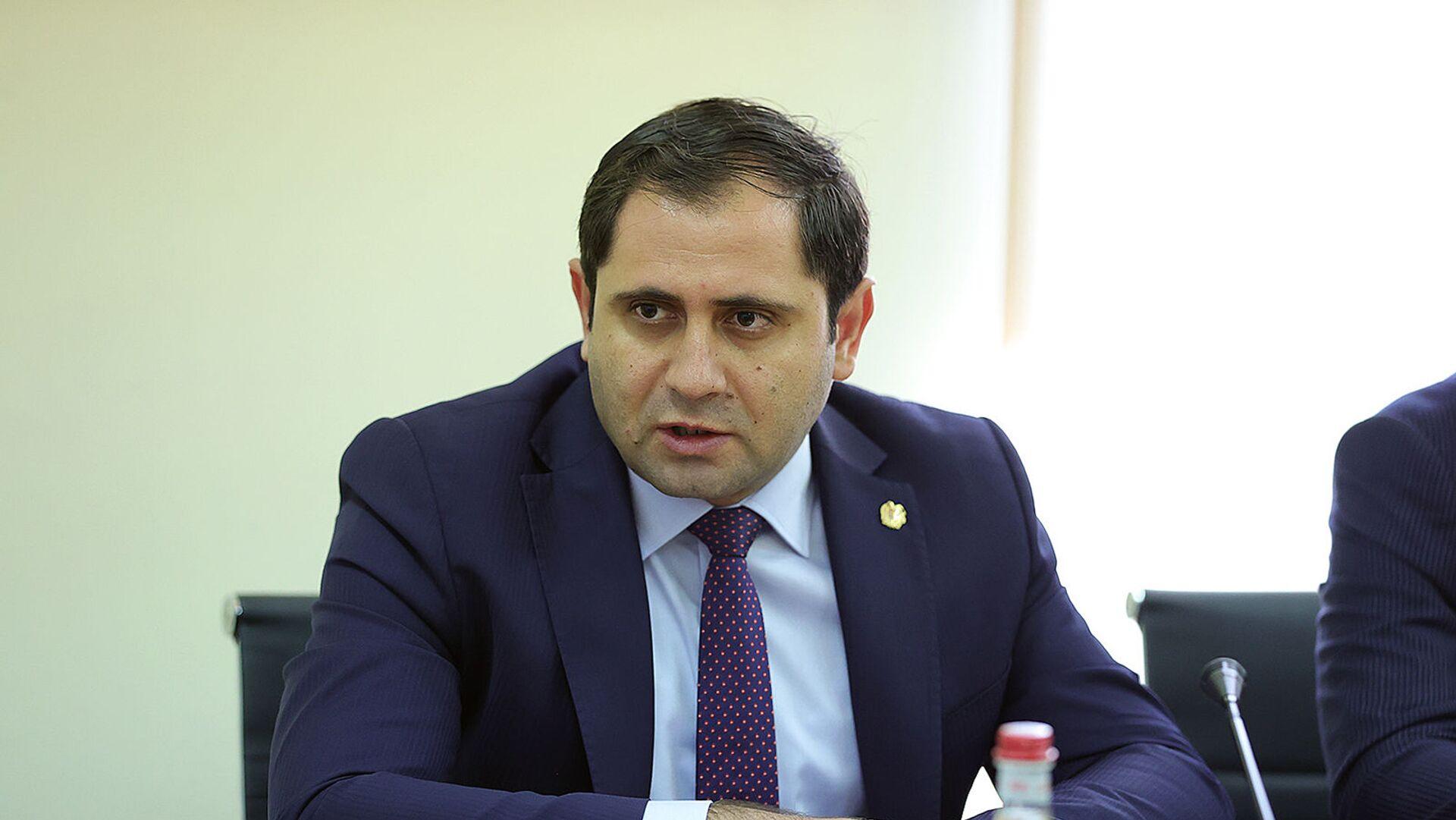
During the Armenian Defence Minister’s previous visit to Athens in 2023, a military-technical cooperation agreement was signed between the two countries. That same year, Greek Cyprus also joined the deal.
The timeline of subsequent events shows that the Armenian-Greek military agreement significantly intensified bilateral contacts.
In February 2024, immediately following Prime Minister Nikol Pashinyan’s visit to Athens, Greek Defence Minister Nikos Dendias visited Armenia. At a joint press conference with Papikyan in Yerevan, Dendias voiced the idea of forming a four-party military alliance, emphasising that Athens did not rule out cooperation with France and India in providing military support to Armenia. Furthermore, he suggested the possibility of multilateral defence cooperation in the Armenia–France–Greece–India–Cyprus format.
“We have created successful trilateral defense cooperation between Armenia, Greece, and Cyprus. But there can be other trilateral or quadrilateral relationships – with France and India, with important countries, major powers, very influential common friends of Armenia and Greece,” he stated.
As early as 2023, Armenia, Greece, and Cyprus held defence consultations in Yerevan, which resulted in the signing of cooperation programmes in the following formats: Armenia–Greece, Armenia–Cyprus, and Armenia–Greece–Cyprus.
Thus, Nikos Dendias’ proposal to establish a multilateral military platform is a logical continuation of Athens’ policy of strengthening military ties with Yerevan.
During a visit to Cyprus in December 2023, Suren Papikyan and his Cypriot counterpart Michalis Giorgallas agreed to develop cooperation under an expanded agenda, including training programmes, experience exchange, military-technical collaboration, and other areas of mutual interest.
Prior to that, in November of the same year, trilateral joint special forces exercises involving Armenia, Greece, and Cyprus were held in the Nea Peramos area of Attica.
The drills focused on live-fire exercises, sniper tactics, close-quarters combat, and the planning and execution of small-scale operations.
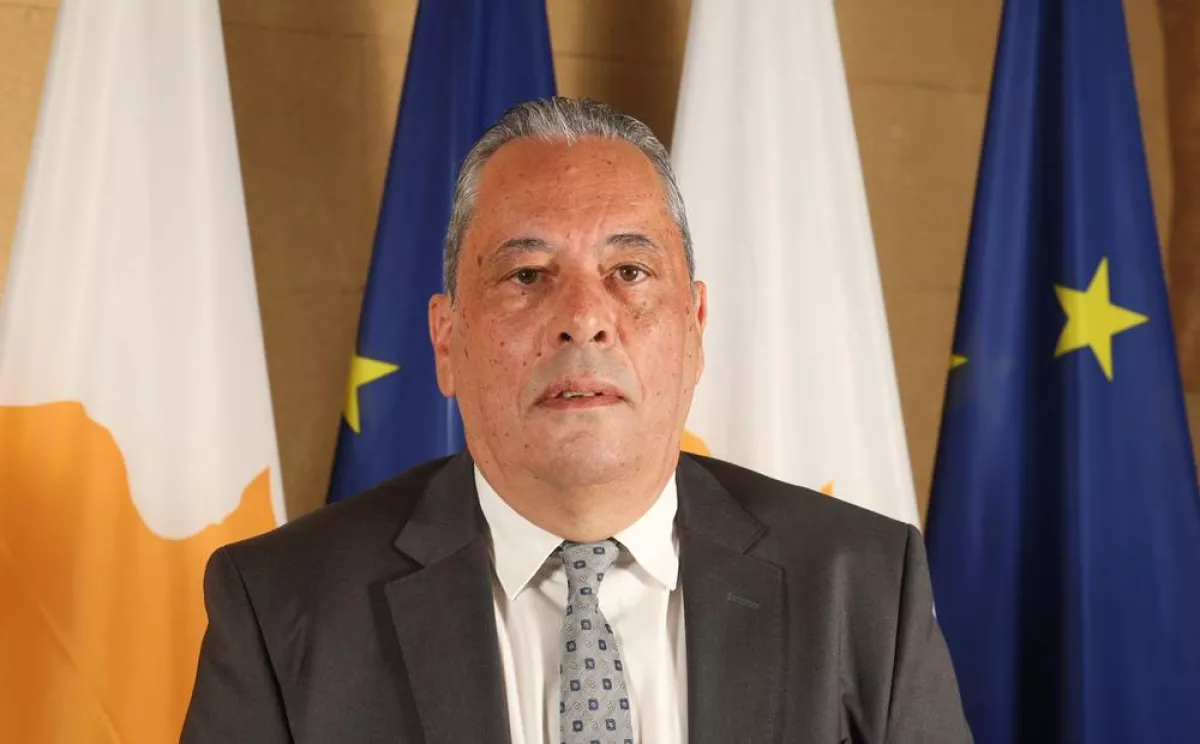
Since then, contacts between the Armenian and Cypriot defence ministries have noticeably intensified. In September 2024, Cypriot Defence Minister Vasilis Palmas visited Yerevan.
In February 2025, Suren Papikyan once again held talks with Palmas on the prospects for bilateral military cooperation.
Moreover, in November 2024, the Greek portal Enikos.gr reported that Greece would transfer Russian-made S-300 surface-to-air missile systems to Armenia, along with TOR-M1 and Osa-AKM missile systems.
The fact that a NATO member country possesses such a significant amount of Russian-made weaponry raises understandable surprise. However, in the 1990s, Greece actively purchased products from the Russian defence industry. According to open sources, since the early 2000s, Greece has had around 30 TOR-M1 surface-to-air missile systems, 20 Osa surface-to-air missile systems, modernised to the Osa-AKM level, approximately 18 units of the outdated Osa-AK version, Kornet-EM anti-tank missile systems, three Zubr-class air-cushion landing ships, and two Mi-26 transport and assault helicopters in its arsenal.
However, as military experts point out, all these systems have now surpassed their warranty periods, and restoring their combat readiness would require the involvement of the manufacturer, Russia.
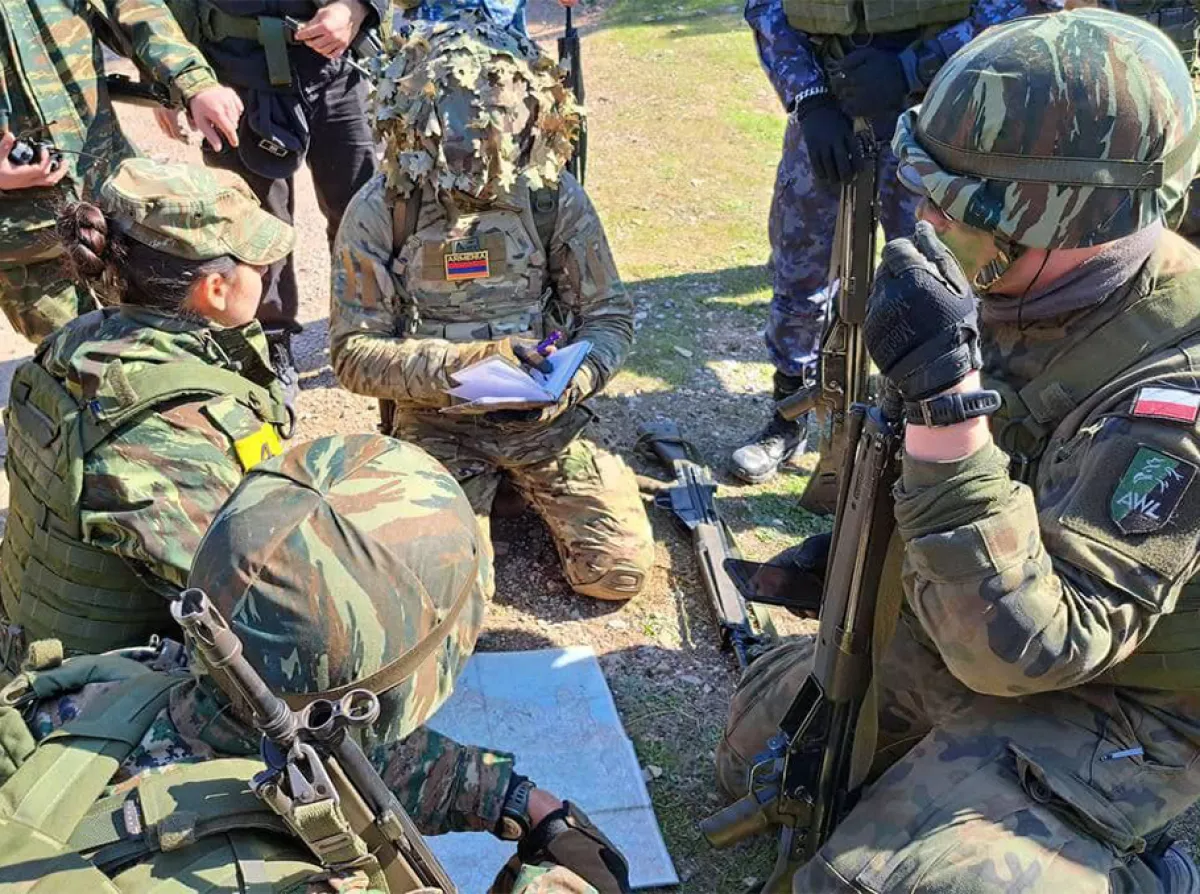
An additional challenge for Armenia will be its dependence on spare parts supplies from Russia, which is problematic given the minimal level of bilateral military-technical cooperation.
Against the backdrop of the growing Armenia-Greece rapprochement, the sharp increase in the number of Armenian cadets training in Greek military academies stands out, as well as the rise in the number of special forces personnel being trained.
In 2024, joint exercises titled Olympic Cooperation 2024 were held in Greece, during which Armenian military personnel practised combat tasks using Greek tanks and French armoured vehicles.
It is worth reminding that in early 2024, Suren Papikyan, in an interview with Public Television of Armenia, emphasised: “Armenia has made significant progress in arms procurement. In this process, we have also acquired new partners among major superpowers and other friendly countries. This includes France and India, but there are also other partners that I am not ready to discuss yet.” Papikyan refrained from disclosing who exactly would be the new arms supplier, but it was clear even then that official Yerevan is continuing its course towards militarisation and harbouring revisionist plans.
However, it seems that Armenia may be underestimating an important aspect: all the countries supplying arms to Armenia are primarily guided by their own interests in the region. For example, after the failure of its policies in Africa, France is seeking new points of influence in the South Caucasus. India, by arming Armenia, is simultaneously confronting Pakistan and aiming to expand its access to Eurasian markets. Meanwhile, New Delhi is strengthening its military cooperation with Athens, which has long-standing disagreements with Ankara.
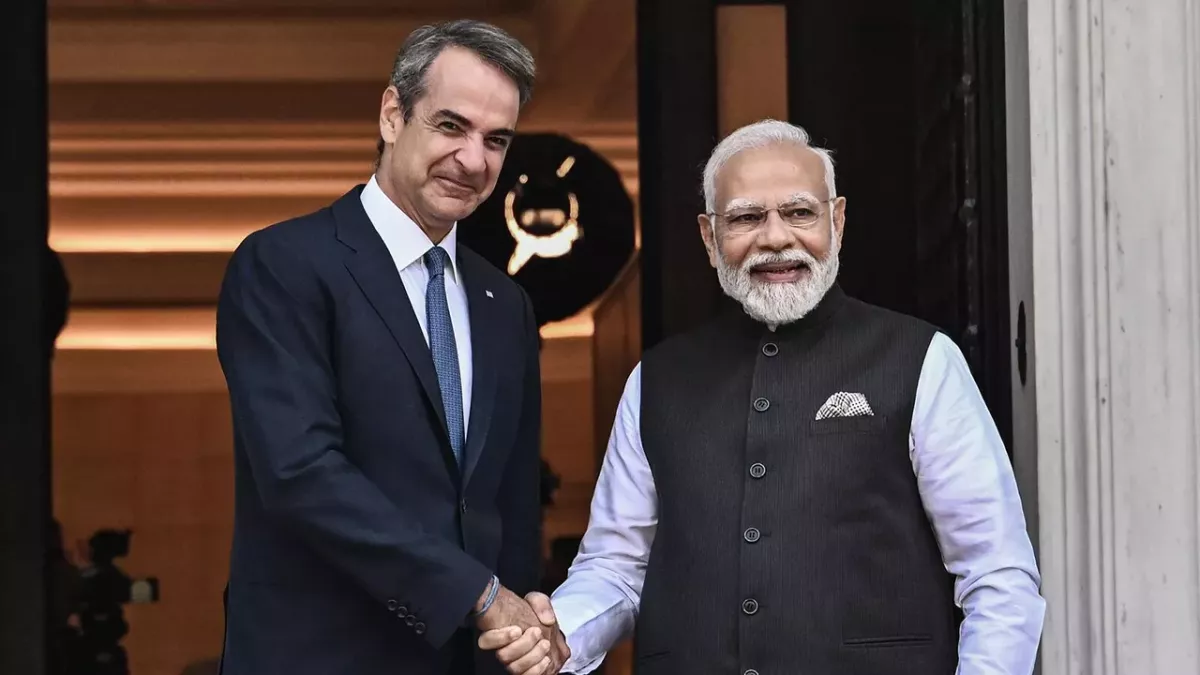
It is no coincidence that Indian media characterised Indian Prime Minister Narendra Modi's one-day visit to Athens in August 2023 as “an important signal to Türkiye, which supports Pakistan’s interests on the Kashmir issue.”
During the same period, the Financial Express newspaper reported on India’s plans to create a "new center of power" involving Armenia and Greece, as an alternative to the Türkiye–Pakistan–Azerbaijan alliance.
It is clear that the intensified militarisation of Armenia inevitably leads to heightened tensions and the risk of a new war with Azerbaijan.
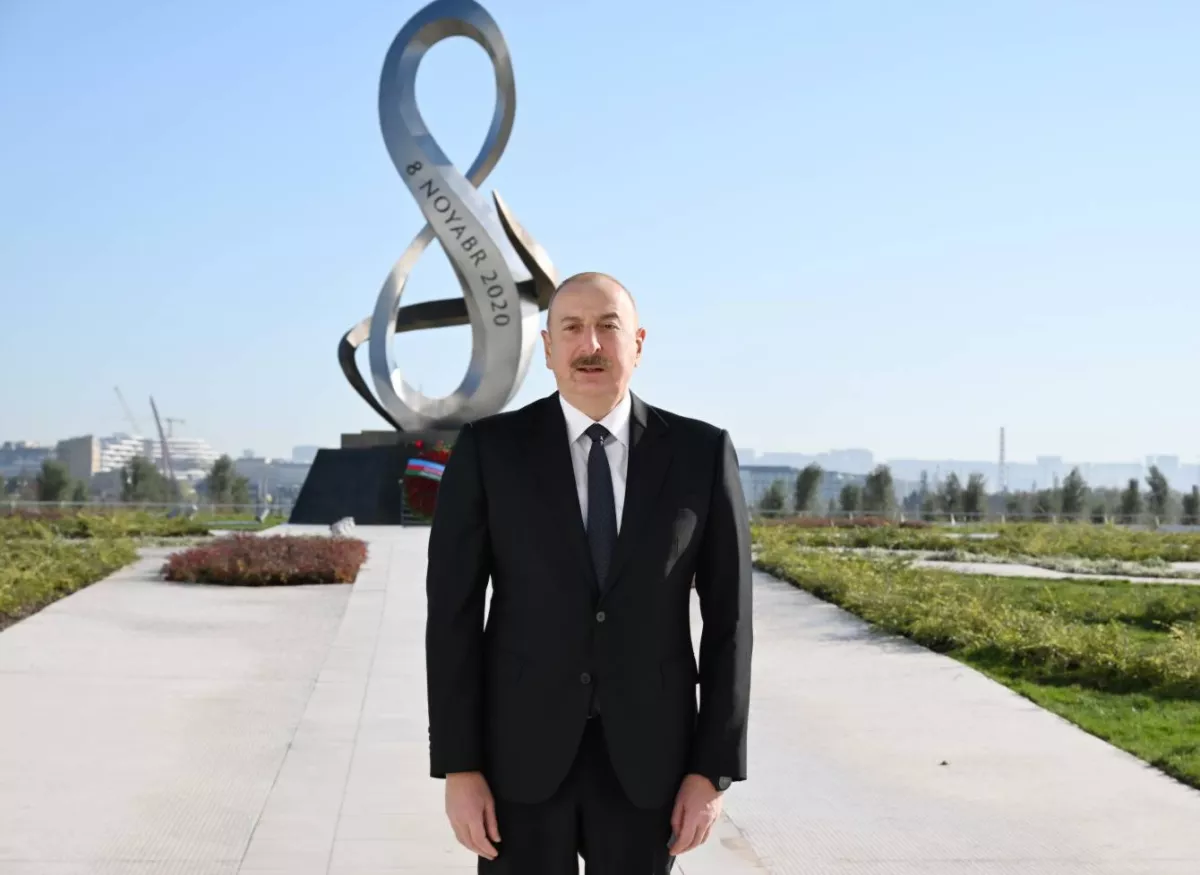
In November of last year, on the occasion of Victory Day, Azerbaijani President Ilham Aliyev sent a clear message to Yerevan in his address to the nation:
"Armenia should abandon this policy of rearmament; it must be stopped. I have said this many times, and they know they should pay attention to my words. It’s not too late; they should change course, as they will never be able to compete with us. We don’t want war. We have achieved what we wanted: we have ensured our territorial integrity and state sovereignty. Our territorial integrity is secured along all borders, and former IDPs and refugees are returning to their ancestral lands. We are now focused on reconstruction efforts. This is our top priority."
Aliyev also addressed the consequences of Armenia’s militarisation in April 2025 during an international forum at ADA University.
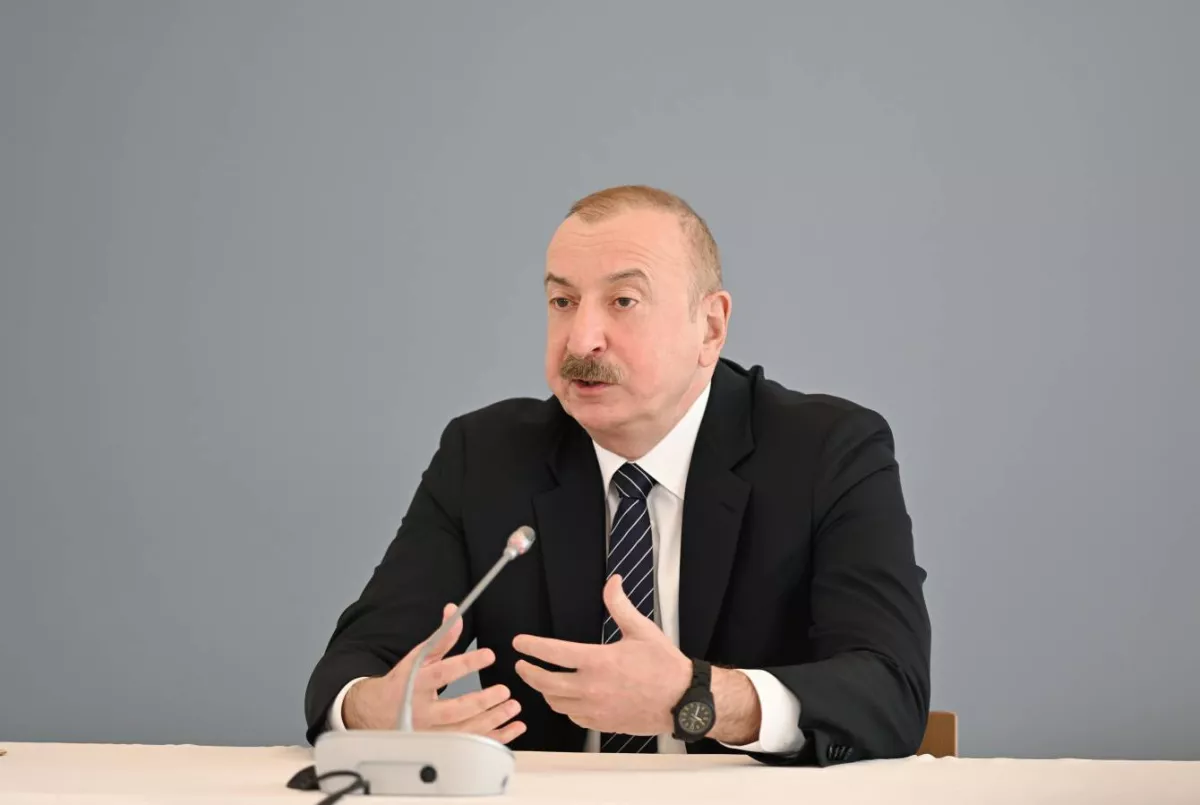
"So, from a military point of view - whether it’s the Second Karabakh War, the anti-terror operation of September 2023, or the steps we are taking afterward to strengthen our military capacity - all of this is absolutely understandable, especially taking into account that there is a large process of militarization of Armenia. Deadly weapons, which have been supplied by new Armenian friends actually will not truly lead to peace and stability. It will only lead to potential tensions in the future."
These well-grounded arguments from official Baku are not only a warning to Armenia but also a clear signal to the international community: Armenia's militarist policy contradicts Azerbaijan's peace agenda and undermines the prospects of a peace agreement. This is especially concerning as the process of arming Armenia continues against the backdrop of the failure to meet two key demands from Baku: the dissolution of the OSCE Minsk Group and the revision of Armenia’s constitution, which contains territorial claims against Azerbaijan.
The Armenian leadership’s adherence to its own illusions could lead to catastrophic consequences. A new war in the region would be fatal for Armenia in terms of its continued existence. Yerevan should not forget: Baku's words are never disconnected from its actions.








